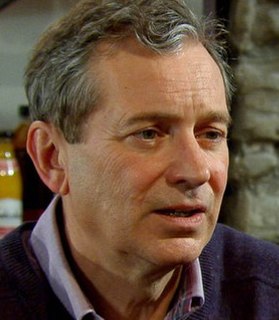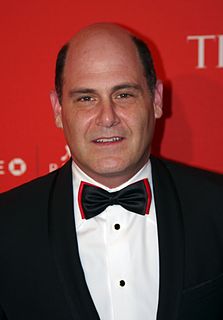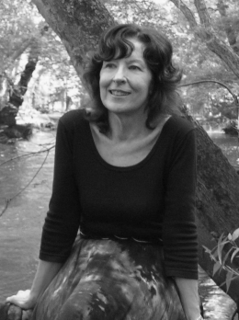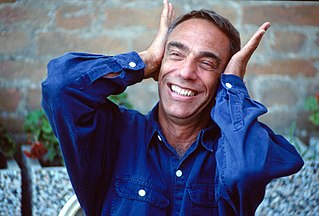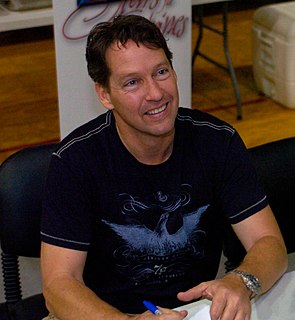A Quote by Ashley Thomas
'Shank' is set in 2015, and it's set in a post-apocalyptic world where the main commodity is food. It's about how five young gentlemen travel around that harsh terrain and survive.
Related Quotes
Dude. Post-apocalyptic world. Who does job applications anymore?” “I do.” I squint at it, then him. “What are you paying me?” I angle. “Dude. Post-apocalyptic world. Who does money anymore.” I snicker. First sign of any sense of humor he’s shown. Then I remember where I am and why. I wad it up and throw it at him. It bounces off his chest.
You turn on the shower or you do whatever, but especially right now with the drought in California, there are so many resources that we are depleting so quickly. And so, I thought it would be an interesting skill set to have if something were to go down, or even if it weren't. It's not post-apocalyptic idealism. It's more just like a fun hobby.
What I find interesting and heartening, though, is that there does seem to be a shift in the subject matter being written about by women that is doing well in the culture. We're seeing more women writing dystopian fiction, more women writing novels set post-apocalyptic settings, subjects and themes that used to be dominated by men.
